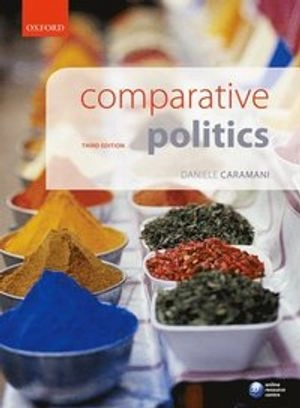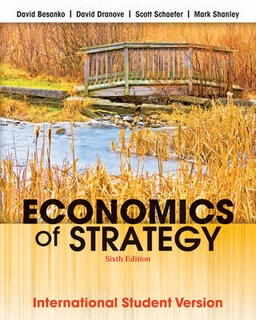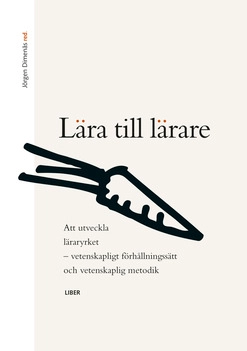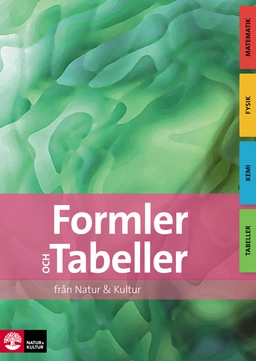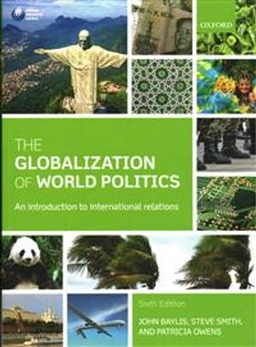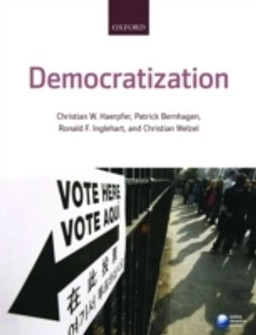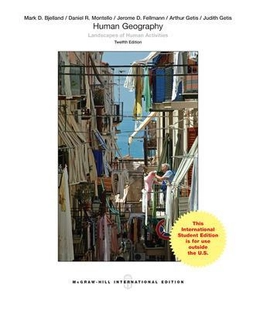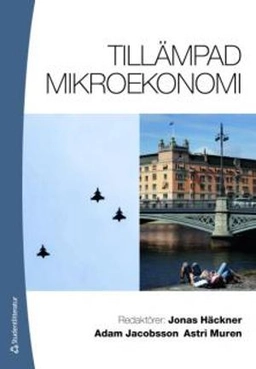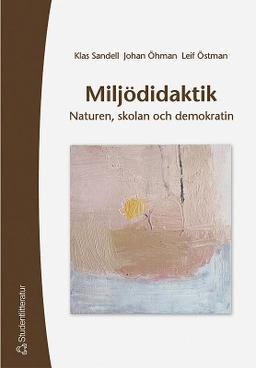Comparative Politics provides an exciting and authoritative introduction to one of the most important fields of political science. International experts offer a range of perspectives, and explore the methods and theories of comparative politics as well as the structures and institutions, actors, processes, and policies at the heart of political systems around the world. Alongside explanation of the most important themes, students are presented with a wealth of empirical data to demonstrate similarities and differences in practice, and to encourage research. Excellent pedagogy supports students, with key points, questions, and boxes facilitating understanding, and further reading guides and web links encouraging students to take their interest in comparative politics beyond the textbook. This new edition takes account of the latest developments in the wake of democratic uprisings in North Africa and the Middle East, and sees a much stronger emphasis on the financial crisis, paying particular attention to state finances, and stressing the effects of the crisis on political attitudes and forms of participation. The third edition of this successful textbook is also supported by an innovative Online Resource Centre with the following features for students and lecturers: Student Resources: Comparative data sets for over 200 countries - files can be used for empirical analysis, essay writing and lab exercises Web directory of data archives Review questions and exercises Flashcard glossary Country profiles Instructor Resources: PowerPoint slides Test bank Figures and tables from the book
Åtkomstkoder och digitalt tilläggsmaterial garanteras inte med begagnade böcker
